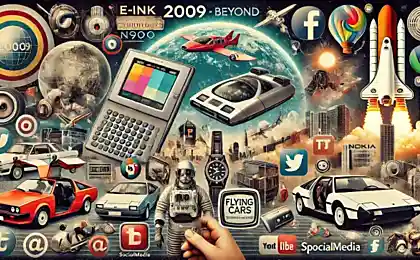1025
How our world will be in 2025

Say, how about 2025? Witnesses what changes we will see in the next decade? Analysts from the company Thomson Reuters - the leading provider of analytical information for businesses and professionals, recently published some of the most credible and intelligent predictions.
These scientific "prophecies" were obtained by careful analysis of the scientific and patent literature on the identification of the most significant trends in science and technology. As part of this analysis, the company's experts to identify the most cited publications and the most "hot" topics.
What if, as we now express not bother too much, here is a list of the nine most probable fruits of progress that can be expected by 2025.
1. drastically reduce the number of cases of dementia
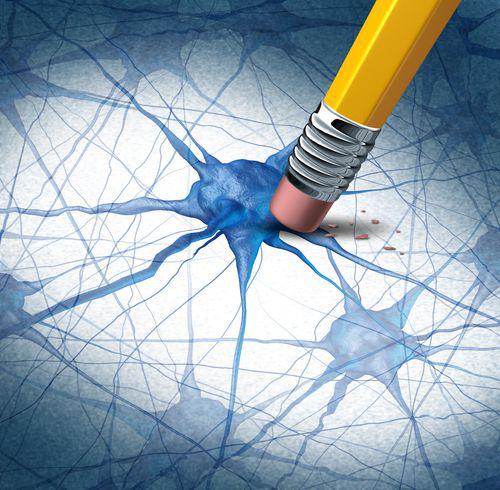
With increasing life expectancy, the researchers will conduct more intensive research aimed at fighting age decline of cognitive functions. Probably, it will be open mechanisms and ways to counter. According to the forecast of Thomson Reuters, in 2025 the study of genetic mutations that lead to dementia, in combination with the further improvement of methods of early diagnosis and prevention will lead to a sharp decrease in the number of sufferers from this disease.
2. Sun will be the energy source number 1
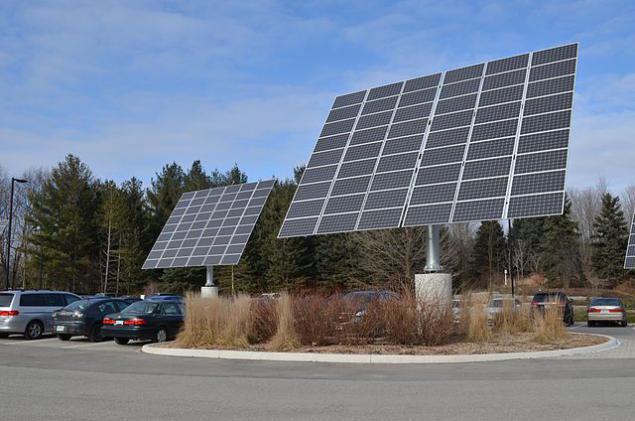
Solar panels convert light radiation into electrical energy, and their effectiveness has been steadily increasing over the last twenty years. Analysts Thomson Reuters predict the acceleration of the development of solar energy in the next decade. Progress will be achieved not only in the energy, but due to a breakthrough in the technology of the battery - in its accumulation and storage. "By 2025, the sun will be the main source of energy is not only environmentally conscious minorities, but also for consumers," - the report says the company.
3. Will found a way to prevent diabetes first type
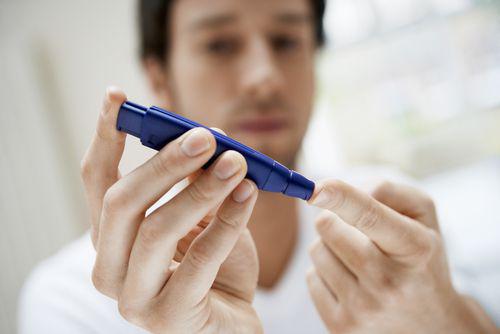
We already know how the confrontation Type II diabetes, characterized by insulin resistance syndrome. In diabetes, the first type being destroyed pancreatic cells producing insulin, and the reason is still not set. However, by 2025 this secret should be disclosed, analysts predict Thomson Reuters.
Advances in genetic engineering, based on the use of leading ribonucleic acids used for the synthesis of gene strings will be so significant that it will lead to the creation of a platform of the human genome in the lab.
4. It will be solved the problem of lack of food
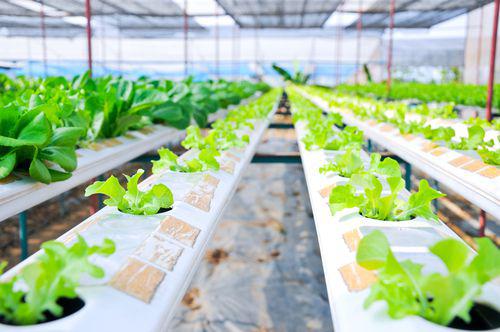
Despite the increase in generalized anxiety and pessimism about the future of agriculture, experts at Thomas Reuters predict exactly the opposite event.
The development of science and technology in the field of human nutrition triumph over today's "stumbling blocks" such as climate change and global population growth.
"In 2025, genetically modified crops are grown extensively and safely indoors at the clock coverage. This will use the energy-saving LED lighting equipment that provides light output within a narrow range of wavelengths, which can accelerate growth through relevant features receptor DNA grown genetically modified plant ».
In addition, crops will be increased resistance to various diseases.
And finally, special varieties are displayed giving unusually high yield when covering a certain range of wavelengths.
5. The era of electric cars and airplanes

Today, electric vehicles occupy only a narrow niche market, and electric planes doing is only the first starts. By 2025, things will change dramatically.
"Cars and planes do not cease to exist, but will become more" intelligent ", will be provided with an energy storage batteries, travel long distances, and become much easier».
The progress that will be achieved in the production of non-hydrocarbon sources of energy (including lithium ion battery), the use of a reversible hydrogen storage, the use of nanomaterials for the manufacture of fuel cells and batteries based on the technology of spraying, will be the basis for this new reality.
6. The whole world will be united into a single digital communication network

Do you think that the technology is already too deeply penetrated into our lives? Then you have no idea to what extent you are wrong. By 2025, the entire surface of the Earth, including the remotest corners of the African continent will be covered with a network of digital communications. Internet will cease to be something to which you have access. It will become an integral part of human life.
Due to the wide dissemination of new generations of semiconductors, capacitors, based on graphene-carbon nanotube networks batteryless and maintenance antennas 5G technologies, wireless communications will dominate everywhere.
7. Plastic, as we know it, will cease to exist

Advances in manufacturing of biodegradable plastics based on cellulose withdraw from the use of modern plastic made from petroleum products. Cellulose, the very substance which constitutes the basis of the structure of the plant tissue will be at this time is much cheaper and easier to manufacture.
"Packaging for food, medicine, electronics, textiles and other consumer goods will mainly be produced from cellulose processing products", - experts say Thomson Reuters
8. A further reduction of side effects of drugs

By 2025, the drug treatment will be characterized by ultra-high-precision exposure. The principle of "carpet bombing" in the fight against cancers, such as the use of radiation or chemotherapy, will leave in the past.
According to experts of the company Thomson Reuters, «the main innovation in this area will be the emergence of new drugs that do not cause complications and side effects in the treatment of certain diseases. New drugs will have such a narrow and precise effects that can even target the drug to a particular type of protein and antibodies used for high-precision mechanism of pharmacological action »
9. The human DNA map will be drawn up at his birth
In the same routine as cutting the umbilical cord, will study the DNA at birth in 2025. This will identify the risks of future diseases and other abnormalities in the development.
What else? Experts predict that the blood likely to leave in the past, because the nanoprobes, implanted in the patient's body will collect significantly more accurate information for a longer period of time.
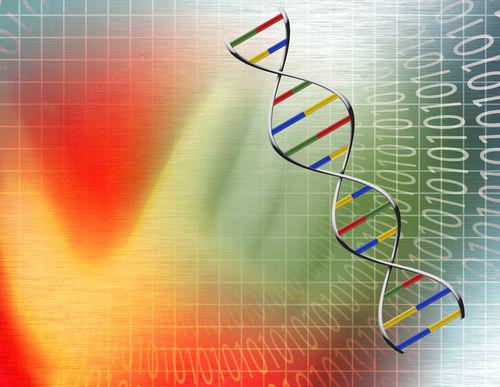
Source: mixstuff.ru




















